
Cancer treatment is more closely involving community and specialty pharmacies, as many patients are being treated with oral, subcutaneous, and intravenous (IV) agents in the comfort of their own homes.

Cancer treatment is more closely involving community and specialty pharmacies, as many patients are being treated with oral, subcutaneous, and intravenous (IV) agents in the comfort of their own homes.

Longer duration of untreated illness (DUI) has been associated with poor clinical outcomes for many mood disorders, but not specifically bipolar disorder.

Studies have reported that up to half of patients discontinue prescribed therapies soon after hospital discharge.

High hospital readmission rates plague the health care system.

Allergies are incurable, but OTC products can help patients function.

Study finds many patients use propellant-based metered-dose inhalers incorrectly.
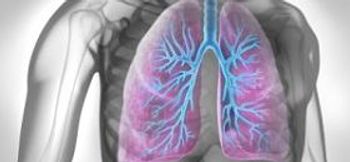
Respiratory diseases afflict a large portion of the global population and result in significant disease burden.

A study evaluating the cardiovascular safety of Merck's type 2 diabetes drug sitagliptin determined the dipeptidyl peptidase-4 inhibitor does not increase the risk for heart failure hospitalization.

In theory, patients are more likely to abuse opioids and benzodiazepines.

Heart failure is a "revolving door" problem for hospitals.

Acute coronary syndrome is clearly a problem in the elderly population, especially since survival declines with increasing age.

Lithium remains a treatment of choice for bipolar disorder, as it is very effective in stabilizing mood and reducing suicide risk. However, its use is associated with adverse renal and thyroid effects.

Family planning is especially challenging for women with epilepsy.

Barrett's esophagus (BE) is a serious gastrointestinal condition in which acid reflux predisposes the esophagus to increased cell proliferation and decreased apoptosis.

Light or moderate alcohol intake has been associated with health benefits such as reduced risk of cardiovascular events, but these benefits disappear as intake increases.

Clostridium difficile-associated diarrhea (CDAD) is an increasingly common cause of inpatient mortality, and recurrent CDAD remains clinically challenging.

Patients with heart failure often receive clopidogrel and angiotensin-converting enzyme inhibitors concurrently.

Pharmacists need to remain cognizant of COPD and asthma patient preferences to maintain adherence.
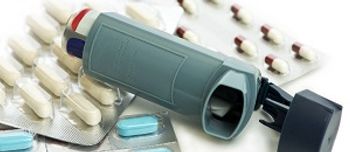
Clinical guidelines and government agencies are increasingly encouraging clinicians to consider patients' treatment preferences when chronic disease is present.

Of the 5.7 million Americans who have heart failure, about 10% progress to advanced Stage D.

Favorable evidence supports the drug's utility in certain psychiatric and neurological disorders.

Relief for heartburn and acid reflux is often found in OTC medication aisles.
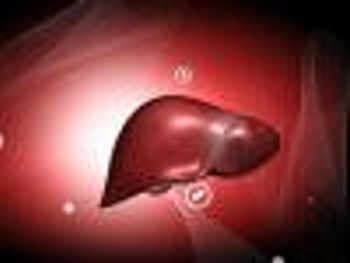
HIV and HCV co-infected patients with HALS found to be more likely to develop cirrhosis.
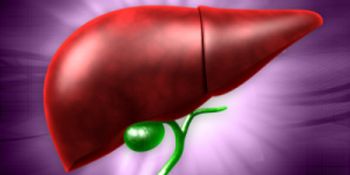
Liver damage is the bane of HIV-infected patients' existence.

Since no medications or surgical procedures are available to treat cardiovascular calcification, clinicians generally recommend lifestyle changes.

A new prognostic model could help clinicians prioritize risk factors in heart failure patients.

Researchers have designed many studies to determine whether long-term proton pump inhibitor use causes changes in the body.

The search for better treatment approaches has led clinicians to use atypical antipsychotics to augment or replace conventional approaches.

Thiazide diuretics are the least expensive antihypertensive drugs available in most countries.
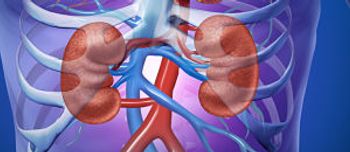
Traditionally, dialysis patients receive a supplemental renal vitamin containing a mixture of B and C vitamins, but recent research has suggested a potential role for other vitamins and minerals, as well.